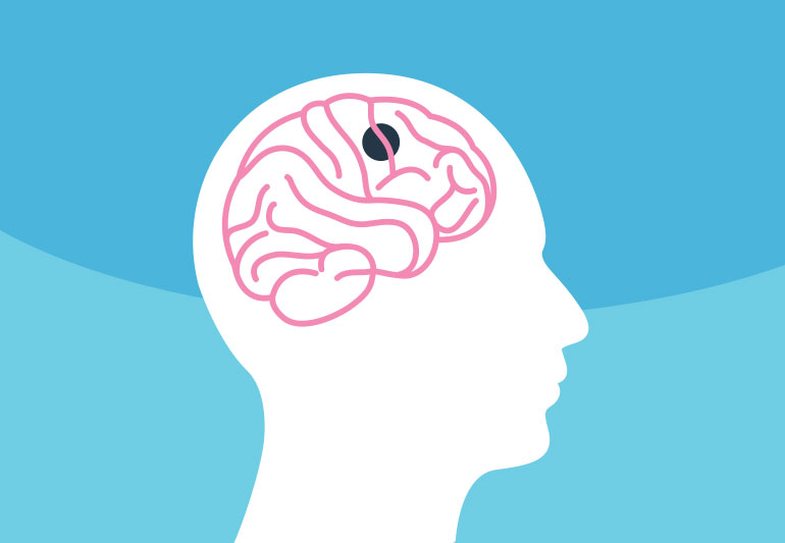
Two people with advanced brain cancer have responded well to an experimental trial of a combination of chemotherapy and immunotherapy. In one case, the life-threatening tumor appears to have disappeared.
Doctors at the Cancer Research Institute and Royal Marsden Hospital in London warned that this was a very early study, but said it was unusual to have such a good response in patients at an early test. Ten patients were enrolled in the first phase trial called Ice-Cap. They had advanced glioblastoma, a severe brain tumor.
Two of the patients responded to the immunotherapeutic agent atezolizumab in combination with ipatasertib, a new drug that may be able to detect tumors. The scientists presented their findings to the American Association for Cancer Research at the annual meeting and said their study could make many patients benefit from this combination of drugs.
According to the study, the tumor of Hamish Mykura, 59, from West Sussex, disappeared from the scans. He was diagnosed with glioblastoma in August 2018 and sent to Royal Marsden for treatment, which included chemotherapy and radiotherapy and then surgery at St. Louis Hospital. George. When the treatment ceased to function and the cancer began to grow in August 2019, he joined the Ice-Cap trial. 20 months later, Hamish has no visible cancer.
"The emotional journey I have made over the last few years has been dramatic and, given the seriousness of my diagnosis, it is surprising that I am still here," he said.
Dr. Juanita Lopez, the study's lead author, said: "Brain cancer is able to bypass the immune system in complex ways and, so far, immunotherapy has not worked. However, by uncovering the disease using a new drug called ipatasertib, this study suggests that we can make some brain cancers susceptible to atezolizumab.
"We believe that our findings open the door to further development of what could become a treatment option for some patients with aggressive glioblastoma brain cancer. "Patients with glioblastoma have very poor survival rates and even fewer new treatment options."

- How Covid-19 technology will help fight cancer
- Lung donor transplant performed for the first time on a Covid survivor
- An unknown disease? The mysterious symptoms in the brain surprise doctors
- Researchers discover a gene responsible for one of the most deadly types of breast cancer
- Lung cancer: 1 in 5 people is not a smoker - other causes
Burimet: Guardian, Research Gate





